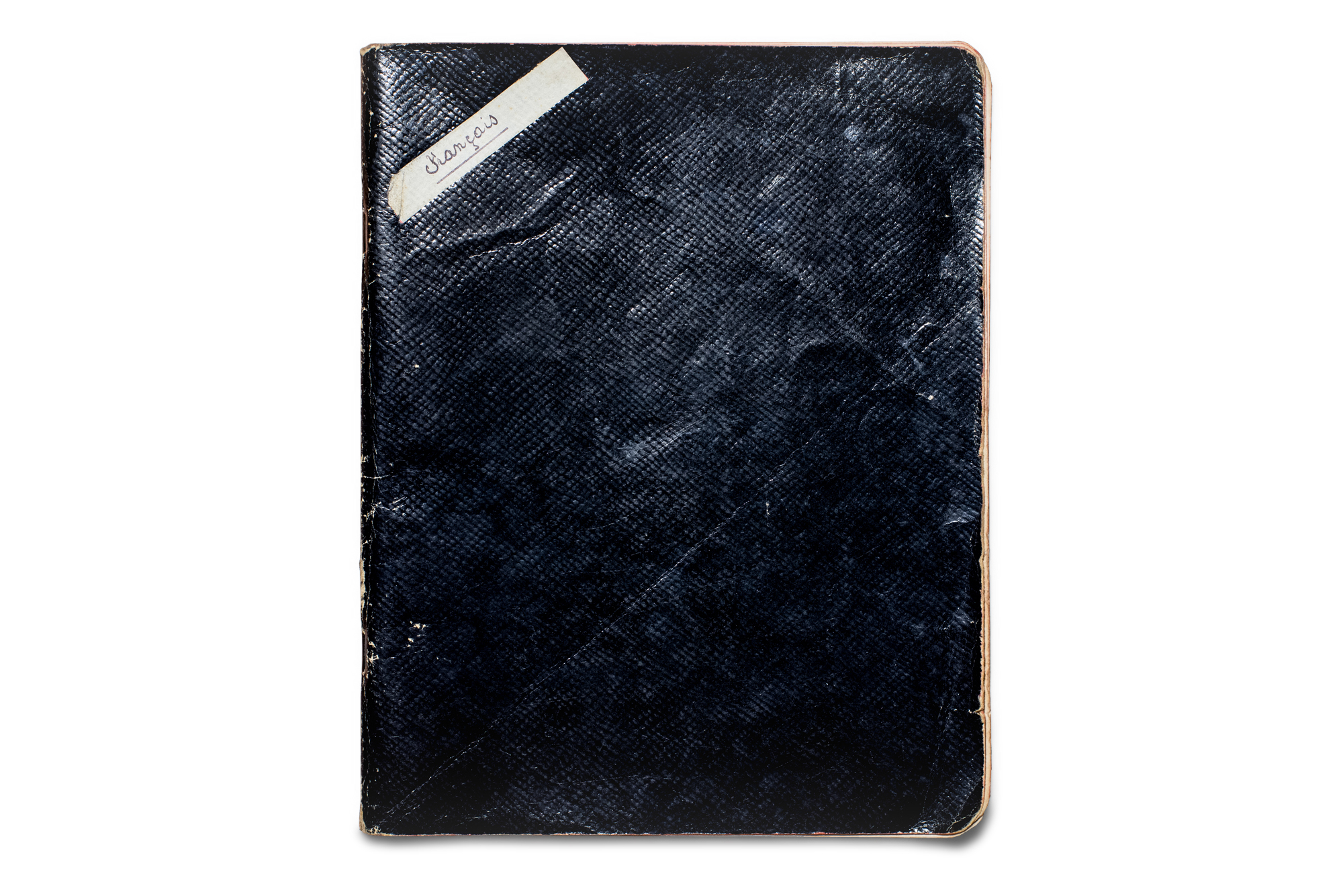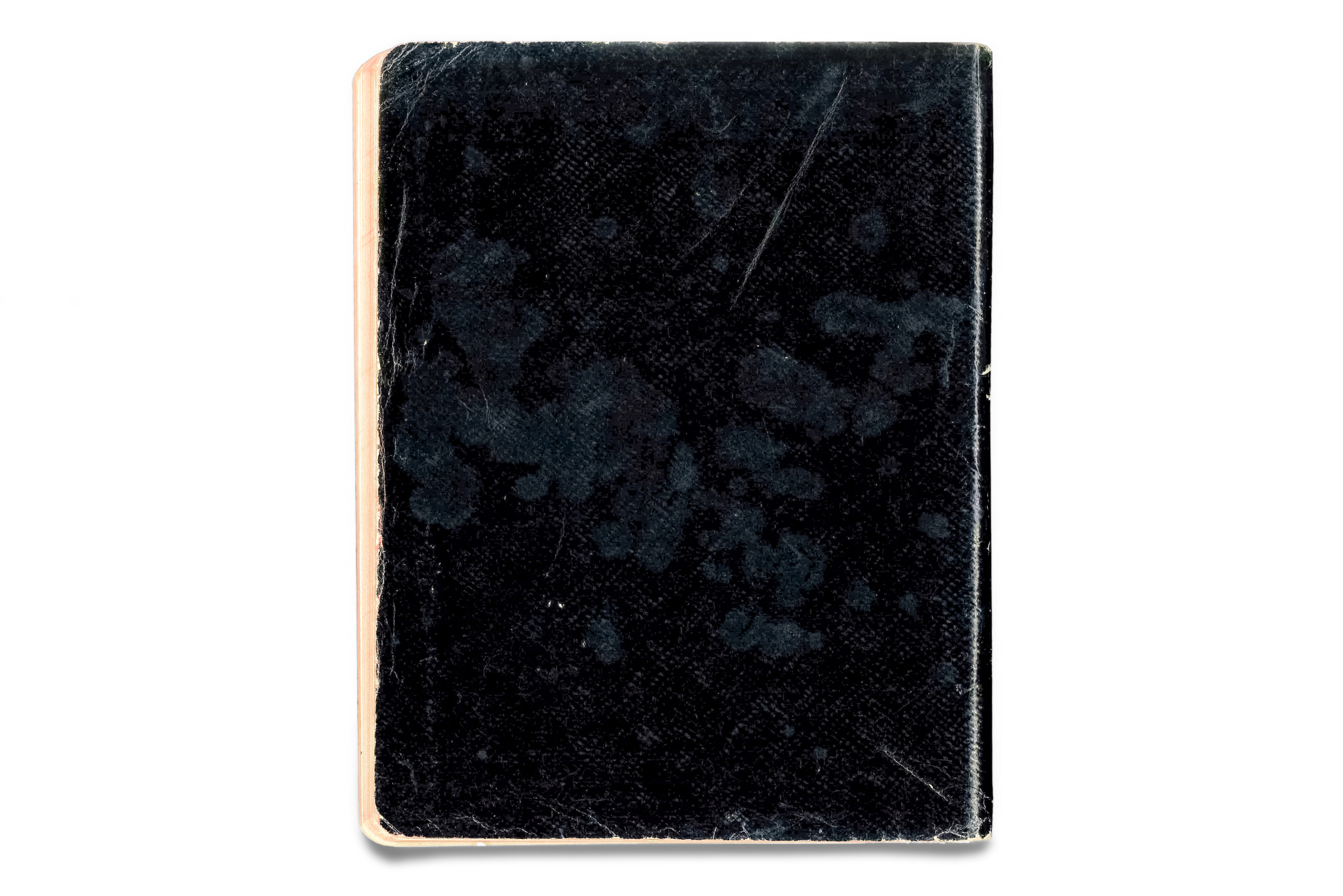
Even a man with the misfortune of having lost his parents, of not having a brother or sister, of not having a family by marriage is not yet isolated in this world; he has a family, a large family that confers rights and imposes duties on him. This family is the homeland. People surround us who speak our language, who breathe the same as us, who live on our soil, whose fathers lived with our fathers, who are subject to the same laws, who are defended by the same borders, who take shelter under the folds of the same flag. Its name is also ours. The land where these people live is our homeland: beloved land, which was our cradle that concealed in your bosom the graves of our parents, our friends, our relatives, and which will probably receive our remains one day; land where we saw the first spring blossom, where we confessed our first stuttering, played our first games, opened our eyes to the light and our intelligence as knowledge; land where we have known the sweetest feelings that embellish life, where we have also suffered; land that we have watered with our sweeteners, with our tears, too; land of our forefathers; land of our children. Oh Fatherland, how beautiful you are and how strongly our hearts cling to you.
L’homme êut-il le malheur d’avoir perdu ses parents, de ne posséder ni frère ni soeur, de ne s’être pas fait une famille par le mariage, ne serait pas encore isolé dans ce monde; il a une famille, une grande famille qui lui confère des droits et lui impose des devoirs. Cette famille, c’est la patrie. Un peuple nous entoure qui parle notre langue, qui respire le même que nous, qui habite notre sol, dont les pères ont vécu avec nos pères, il est soumis aux mêmes lois, il est defendu par les mêmes frontières, il s’abrite souls les plis du même drapeau. Un même nom le désigne et ce nom est aussi le nôtre. La terre où ce peouple habite c’est notre patrie.
Terre bien-aimée, qui as été notre berceau qui recèles dans ton sein la tombe des nos parents, de nos amis, de nos proches, et qui recevras probablement nos restes un jour, terre où nous avons vu les premiers printemps s’epanouir, où nous avouns balbutié nos premiers bègaiements, joué nos premiers jeux, ouvert nos yeux à la lumière et notre intelligence as savoir, terre où nous avons connu les plus doux sentiments qui embellissent l’existence, où nous avons souffert aussi, terre que nous avons arrosé de nos sucurs, de nos larmes aussi, terre de nos aïeux, terre de nos enfants, ô patrie, que tu paraîs belle entre toutes et par quels liens puissants nos coeurs te sont attachés.
I was walking down a street and saw an old and decrepit beggar with blazing and watery eyes, blue lips, sordid rags, unclean wounds. Oh! how hideously poverty had gnawed at this unhappy being! He reached out his red, swollen, dirty hand to me; he moaned as he begged for help. I went through all my pockets: no purse, no watch, no handkerchief, I hadn’t taken anything with me. And the beggar waited, and his outstretched hand moved weakly in jerks. All confused, not knowing what to do, I tightly shook his dirty and shaky hand. “Don’t be angry with me, brother. I didn’t take anything for myself.” The beggar stared at me with his ragged eyes, and his bluish lips smiled. He pressed my cold fingers. “Well, brother,” he said in a hoarse voice, “thank you for that. Such an act is also an almsgiving.”
Je passais dans une rue; je vois un mendiant vieux et décrépit. Yeux enflammés et larmoyants, lèvres bleuies, haillons sordides, plaies malpropres.
Oh! comme la pauvreté avait hideusement rongé cet être malheureux! Il me tendait sa main rouge, enflée, sale; il gémissait en implorant le secours. Je fouillai dans toutes mes poches: ni bourse, ni montre, ni même un mouchoir: je n’avais rien pris sur moi. Et le mendiant attendait, et sa main tendue remuait faiblement par saccades. Tout confus, ne sachant que faire, je serrai fortement cette main sale et tremblante. «Ne m’en veux pas frère; je n’ai rien pris sur moi.» Le mendiant fixa sur moi ses yeux éraillés, et ses lèvres bleuâtres sourirent, et lui aussi pressa mes doigts refroidis. «Eh bien, frère, dit-il d’une voix rauque, merci pour cela; c’est aussi une aumône.»
When I think of this word, war, I hide away as if talking about witchcraft, about something distant, finite, abominable, monstrous. When we talk about anthropophagy, we smile with pride when we proclaim our superiority over those savages! Who are the savages, the real savages: those who fight to eat the defeated or those who fight to kill? The little soldiers who run there are destined for death like the flocks of sheep pushed on the roads. They will fall upon a plain, their heads slashed with a sword or their chests pierced by a bullet, yet they are young people who could work, produce, be useful. Their fathers are old and poor, and their mothers, who for twenty years loved them as only mothers could, will learn in six months or a year, perhaps, that the son—the child raised with so much pain, with so much love—was thrown into a hole like a dog.
Quand je songe seulement à ce mot: la guerre, il me vient un effacement comme si l’on parlait de sorcellerie, d’une chose lointaine, finie, abominable, monstrueuse. Quand on parle d’anthropophages, nous sourions avec orgueil en proclamant notre supériorité sur ces sauvages! Quels sont les sauvages, les vrais sauvages, ceux qui se battent pour manger les vaincus, ou ceux qui se battent pour tuer? Les petits soldats qui courent là-bas sont destinés à la mort comme les troupeaux de moutons que pousse un boucheur sur les routes. Ils vont tomber dans une plaine, la tête fendue d’un coup de sabre ou la poitrine trouée d’une balle, et ce sont des jeunes gens qui pourraient travailler, produire, être utiles. Leurs pères sont vieux et pauvres, leur mères qui pendant vingt ans les ont aimés, adorés comme seules adorent les mères, apprendront dans six mois ou un an peut être que le fils, l’enfant élevé avec tant de peine, avec tant d’amour fut jeté dans un trou comme un chien.
Winter’s sadness is always impressive but banal. A cold and penetrating fog envelops objects, and children stop playing on the doorstep to shiver under the rags. But now the bell that ends the [daily] work rings in the twilight, and all the alleys that flow into the main artery overflow with the workers’ gangs. They form a crowd, take the full width of the roadway, and their footsteps [resonating] on the cobblestones remind us of the sound of the distant sea. Through the fog and darkness, the streetlights blink and are reflected in the stagnant rain puddles, but no one thinks about the [charm] of the urban landscape or even the charm of the dwelling where one finds family. They go from the same mechanical and rhythmic step to sleep, only to start their life of misery again tomorrow. Those who stop enter small cabarets that hold both the inn and the hustle and bustle.
L’hiver met, pardessus les choses, sa tristesse toujours impressionnante, bien que banale. Un brouillard froid et pénétrant enveloppe les objets, et, sur le pas des portes, il y a des enfants qui s’arrêtent de jouer pour grelotter sous les haillons. Mais voici que la cloche qui met fin au travail cotidien sonne dans le crépuscule son glas motone. Et de toutes les ruelles qui débauchent dans la grande artère, débordent les bandes d’ouvriers. Ils forment foule, prennent toute la largueur de la chaussée, et leurs pas qui raisonnent sur les pavés font songer au bruit de la mer lointaine. A travers le brouillard et dans l’obscurité, les réverbères clignotent et se reflètent dans les flaques de pluie qui stagnent; mais nul ne songe aux charmes du paysage urbain ou même au charme du logis où l’on retrouve les siens. Ils vont du même pas machinal et cadencé vers leur sommeil, pour recommencer demain leur vie de misère. Ceux qui s’arrêtent, pénètrent dans de petits cabarets qui tiennent à la fois de l’auberge et du bouge.
The intellectual faculties of the black are atrophied because of the barbarism in which they have been immersed for centuries and because of the geographical conditions of Central Africa. However, the black child is very alert and learns easily, but his understanding often decreases with age. It is beyond doubt, however, from the brilliant results obtained in schools, that the indigenous person can be improved. On the whole, the negro is impulsive and proud; he has such a fertile imagination that he is often unable to distinguish the image he has formed of it from reality. Very talkative, he likes to reason at length and expresses himself with ease, often repeating himself, it is true, attaching himself to the most futile things. That is the origin of these endless palaver or discussions, provoked on the occasion of everything and nothing. Tradition and habit are of great importance in his life, as well as the occult influences he still fears. The poor intellectual development of indigenous people has left their technical and artistic manifestations in a rudimentary state.
Les facultés intellectuelles du noir sont atrophiées à cause de la barbarie dans laquelle il est resté plongé pendant des siècles, et en raison des conditions géographiques de l’Afrique centrale. L’enfant noir est cependant très éveillé, il apprend facilement, mais son entendement diminue souvent avec l’âge. Il est hors de doute, pourtant, d’après les brillants résultats obtenus dans les écoles que l’indigène est perfectible. Dans l’ensemble, le nègre est impulsif et orgueilleux; il possède une imagination si fertile qu’elle le rend souvent incapable de distinguer de la réalité l’image qu’il s’en est faite. Très loquace, il aime à raisonner longuement et s’exprime avec aisance, se répétant souvent il est vrai, s’attachant aux choses les plus futiles; c’est l’origine de ces palabres ou discussions interminables, provoquées à l’occasion de tout et de rien. La tradition et l’habitude ont une grande importance dans sa vie, ainsi que les influences occultes qu’il craint toujours. Le pauvre développement intellectuel des indigènes a laissé leurs manifestations techniques et artistiques dans un état rudimentaire.







